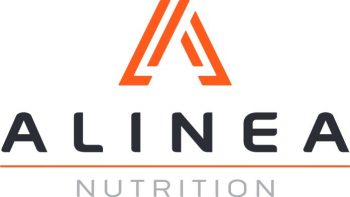*Geek Box: Cognitive Testing
Assessing cognitive effects is very challenging from a research methodology perspective! There are many different tests that could be used, and so a key considerations are validity [how well does it measure what it intends to measure], reliability [how consistent is it over repeated measures in the same person], and sensitivity [does it correctly show an actual effect].
Factors like baseline cognitive health status, age (both often related!), and neural correlations of the nutrient or compound’s proposed mechanism of action, are all important, and may influence the outcomes. In particular, an important factor is the length of the intervention relative to the absorption and metabolism of the intervention food/bioactive compound, which could influence results based on the timing of the tests.
A range of external factors may influence performance, including sleep quality, mood, motivation, and physical well-being. In addition, the role of wider diet may be important. If there are effects, they may also be in very small scales, for example, in this study response time was measured in nanoseconds. It is also important to provide a practice opportunity to participants before the testing; otherwise, if the difference in later tests appears greater, it may be because the first performances of the test were poorer due to lack of familiarity, potentially influencing the results.
These factors all coalesce to make assessing the effects of dietary compounds on cognitive function quite difficult. This means that the onus is on us to really critically evaluate studies with ‘null’ findings, and to distinguish between immediate effects vs. long-term benefit.
